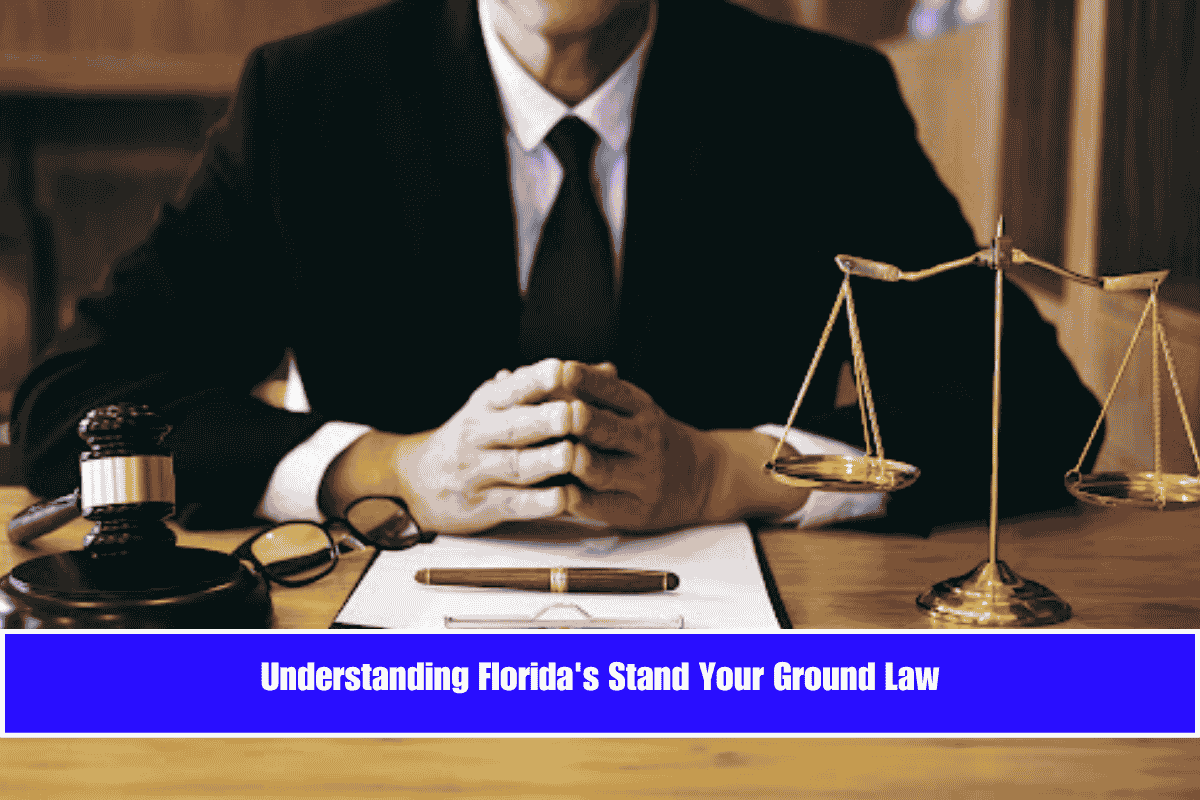Florida’s Stand Your Ground law, enacted in 2005, fundamentally changed the state’s approach to self-defense by expanding when and where individuals can legally use force—including deadly force—without a duty to retreat from a perceived threat.
Key Provisions
- No Duty to Retreat:
Individuals in Florida have no obligation to retreat before using force, even deadly force, if they reasonably believe it is necessary to prevent imminent death, great bodily harm, or the imminent commission of a forcible felony. This applies whether the person is in their home, vehicle, or any place they are lawfully allowed to be. - Immunity from Prosecution:
If the use of force is deemed justifiable under the law, the individual is immune from criminal prosecution and civil lawsuits arising from the incident. This means that, when successfully invoked, Stand Your Ground can prevent a person from being arrested, charged, or sued for their actions. - Presumption of Reasonableness in Dwellings:
The law presumes a reasonable fear of imminent harm if someone unlawfully enters your home, residence, or vehicle, making it easier to justify the use of force in these circumstances. - Burden of Proof:
Since a 2017 amendment, prosecutors—not defendants—must prove by clear and convincing evidence that a defendant did not act in self-defense under Stand Your Ground. This is a higher standard than the previous requirement, which placed the burden on the defendant.
Limitations and Exceptions
- Lawful Presence Required:
The protections of Stand Your Ground only apply if the person using force is not engaged in criminal activity and is in a place where they have a legal right to be. - Aggressors and Forcible Felonies:
The law does not protect individuals who are committing a forcible felony, or who initially provoke violence unless they clearly attempt to withdraw and communicate their intent to stop, but the other party continues or escalates the threat. - Not a License for Violence:
The use of force must still be reasonable and proportional to the threat faced. The law does not allow for preemptive or excessive violence.
Practical Application
- Public and Private Spaces:
Stand Your Ground applies not just in the home (Castle Doctrine), but in public spaces as well, provided the person is lawfully present. - Legal Process:
When Stand Your Ground is invoked, a judge may hold a pretrial hearing to determine if immunity applies. If granted, the case is dismissed; if denied, the case may go to trial.
Controversies and Critiques
The law has been subject to debate, particularly regarding its impact on public safety and concerns about racial disparities in its application. Critics argue it can lead to unnecessary escalation of violence, while supporters say it empowers individuals to protect themselves without fear of legal repercussions.
Summary Table: Florida Stand Your Ground Law
| Provision | Description |
|---|---|
| Duty to Retreat | None required if lawfully present and not committing a crime |
| Use of Deadly Force | Permitted if reasonable belief of imminent death/great bodily harm/forcible felony |
| Presumption in Home/Vehicle | Presumed reasonable if unlawful entry occurs |
| Immunity | From criminal prosecution and civil action if justified |
| Burden of Proof | On prosecution to disprove self-defense by clear and convincing evidence |
| Exceptions | Does not apply to aggressors or those committing crimes |
Florida’s Stand Your Ground law allows individuals to use force, including deadly force, without retreating if they reasonably believe it’s necessary to prevent imminent harm or a forcible felony, provided they are lawfully present and not engaged in criminal activity. The law offers immunity from prosecution and civil action, but its application is subject to specific statutory limitations and judicial scrutiny.
Sources
- https://www.husseinandwebber.com/case-work/criminal-defense-articles/floridas-stand-ground-law/
- https://www.mazinlaw.com/blog/2025/april/understanding-floridas-stand-your-ground-law-wha/
- https://valientelaw.com/understanding-floridas-stand-your-ground-defense/
- https://www.robertmalovelaw.com/library/florida-self-defense-law.cfm
- https://www.meltzerandbell.com/news/navigating-your-rights-under-the-stand-your-ground-law/
















Leave a Reply